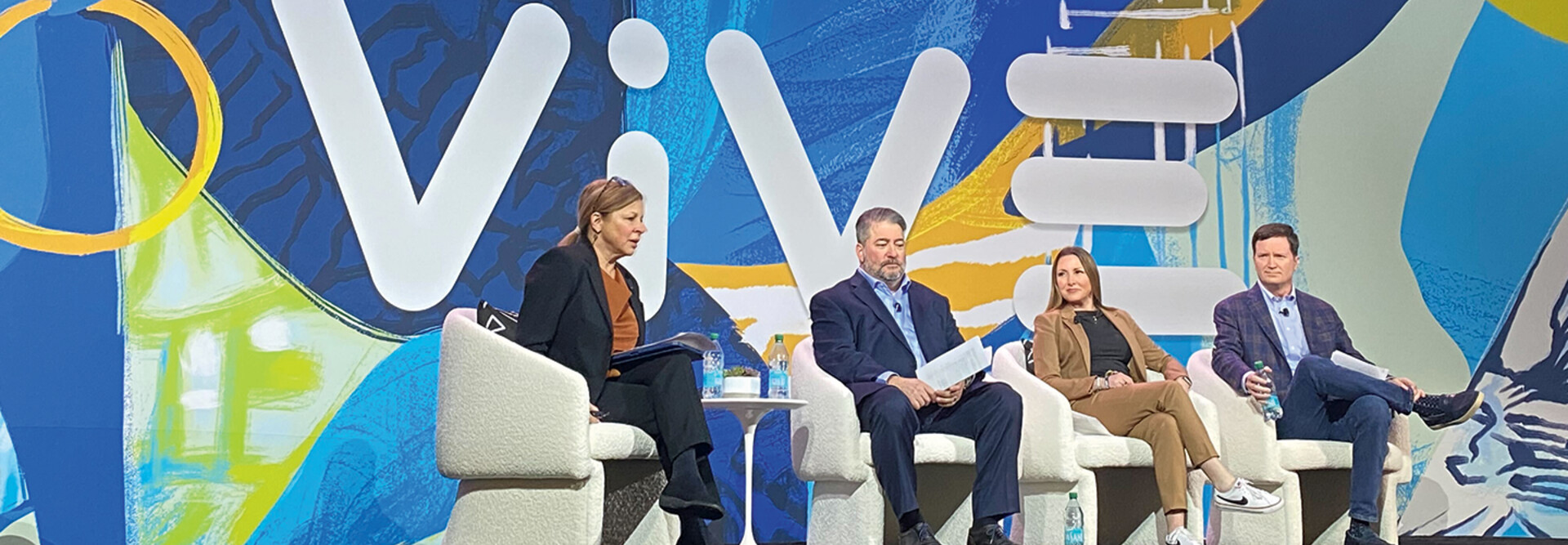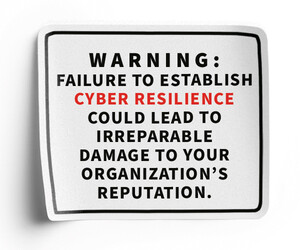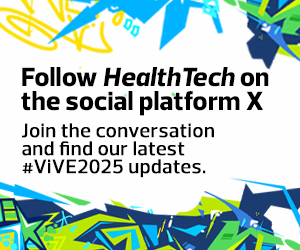Change Healthcare, One Year Later: Perspectives From the Field
When the first public reports of the Change Healthcare attack surfaced in February 2024, recalled Chelsea Arnone, director of federal affairs at CHIME, her team quickly reacted to the news and kept the organization’s members updated with the latest information.
Arnone also highlighted CHIME’s advocacy on Capitol Hill as a liaison between the industry and policymakers. “We educated folks in the federal agencies. So, when we were hearing just how much our members were financially impacted, we went directly to the Department of Health and Human Services and the Centers for Medicare & Medicaid Services,” she added.
Even with the new administration, Arnone said, she expects healthcare cybersecurity to still be top of mind and hopes legislation will be reintroduced.
Jason Taule, CISO at Maryland-based Luminis Health, said that when his health system first learned about the attack, the organization cut its connections to the company to mitigate the impact. “Fortunately, we were one of the more lucky organizations, in that we had some resiliency, and the worst possible situation of having to divert patients did not occur,” he said.
A major challenge was that when the asset management system identified which items to disconnect from, assets that were relatively old and hadn’t been updated when a company was acquired or changed its name had flown under the radar; these turned out to be impacted.














